How Long Can Someone Live With Rheumatoid Arthritis

Rheumatoid arthritis (RA) patients often worry about its long-term impact. New studies offer insights into life expectancy and management strategies for those living with this chronic autoimmune disease.
This article cuts through the uncertainty. It provides a clear picture of how RA affects lifespan and what can be done to improve outcomes.
Life Expectancy and Rheumatoid Arthritis: The Facts
RA is a chronic inflammatory disorder primarily affecting the joints. Historically, studies suggested a reduced life expectancy for individuals with RA compared to the general population.
Research published in journals like Arthritis & Rheumatology and the Annals of the Rheumatic Diseases, highlighted that the gap in life expectancy is shrinking. This is largely due to advancements in treatment and management.
Early studies indicated a potential reduction of 5 to 10 years in life expectancy. Recent data suggests this is now closer to 3 to 7 years, depending on disease severity and access to care.
Factors Influencing Lifespan
The impact of RA on lifespan varies. Several factors play a crucial role in determining individual outcomes.
Disease activity is a major determinant. High levels of inflammation, measured by markers like ESR (erythrocyte sedimentation rate) and CRP (C-reactive protein), are associated with poorer outcomes.
Extra-articular manifestations, such as lung disease, heart disease, and vasculitis, can also significantly impact longevity. Early diagnosis and aggressive management of these complications are vital.
Lifestyle choices matter. Smoking, obesity, and lack of physical activity can exacerbate RA symptoms and increase the risk of comorbidities, shortening lifespan.
Modern Treatments and Improved Outcomes
The introduction of disease-modifying antirheumatic drugs (DMARDs), particularly methotrexate, has revolutionized RA treatment. DMARDs help control inflammation and slow disease progression.
Biologic DMARDs, such as TNF inhibitors (e.g., adalimumab, etanercept) and other biologics (e.g., rituximab, tocilizumab), have further improved outcomes. They are particularly effective for patients who don't respond adequately to traditional DMARDs.
Targeted synthetic DMARDs like JAK inhibitors offer another treatment option. These medications provide effective symptom control and can help prevent joint damage.
Living Well with Rheumatoid Arthritis: Key Strategies
Early diagnosis and prompt treatment are paramount. This minimizes joint damage and reduces the risk of long-term complications.
Regular monitoring and adjustments to treatment plans are essential. This ensures optimal disease control.
Lifestyle modifications are key. Quitting smoking, maintaining a healthy weight, and engaging in regular exercise can significantly improve quality of life and potentially extend lifespan.
Managing comorbidities such as heart disease, lung disease, and depression is vital. This requires a multidisciplinary approach involving rheumatologists, cardiologists, pulmonologists, and mental health professionals.
Looking Ahead: Continued Research and Improved Care
Ongoing research is focused on identifying new targets for RA treatment. It also explores personalized medicine approaches tailored to individual patient characteristics.
Access to specialized rheumatology care remains a challenge in some regions. Advocacy efforts are underway to improve access and ensure that all patients receive timely and appropriate treatment.
Individuals diagnosed with RA should consult with their healthcare providers. They can develop a comprehensive management plan tailored to their specific needs. This plan includes medication, lifestyle modifications, and regular monitoring.

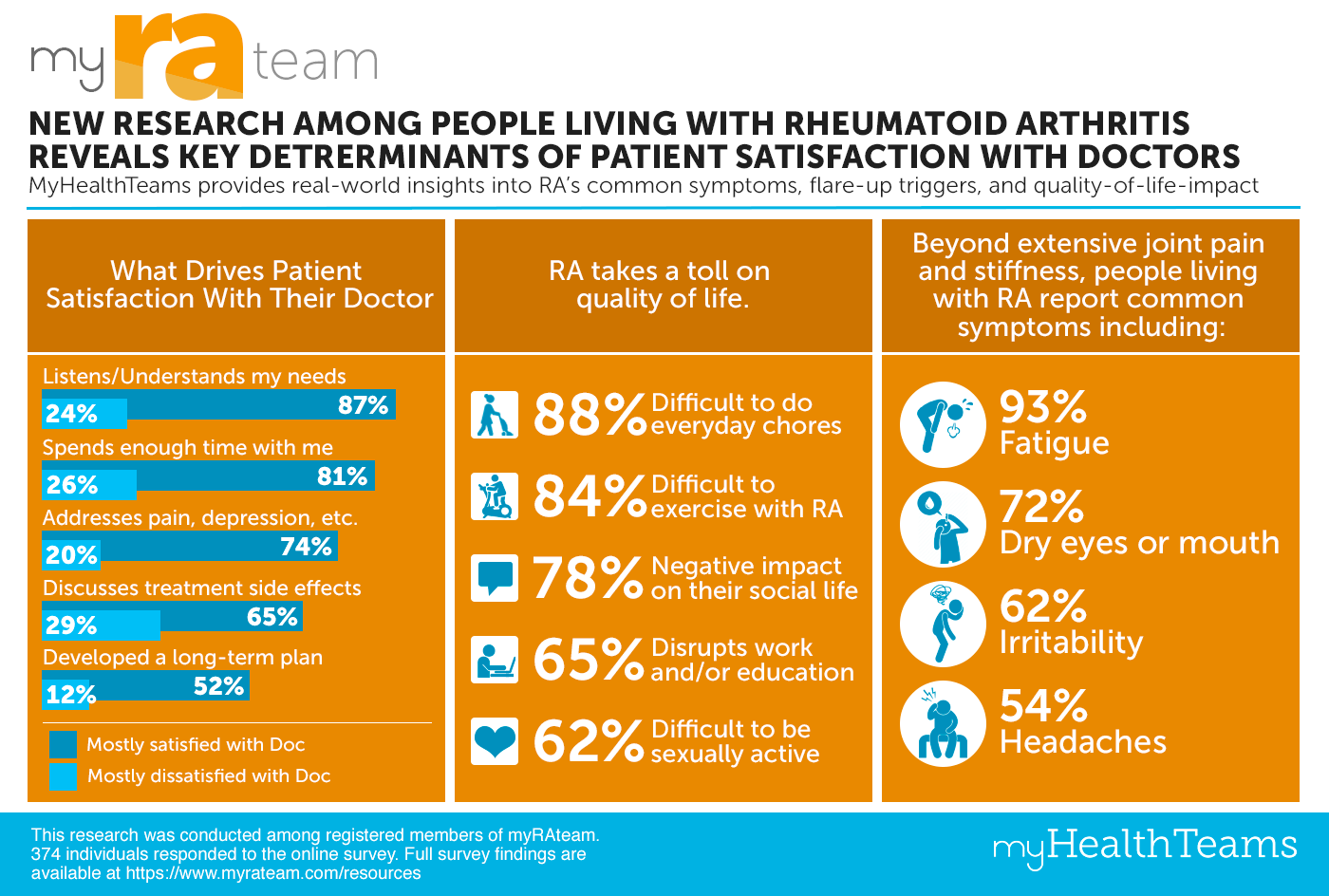
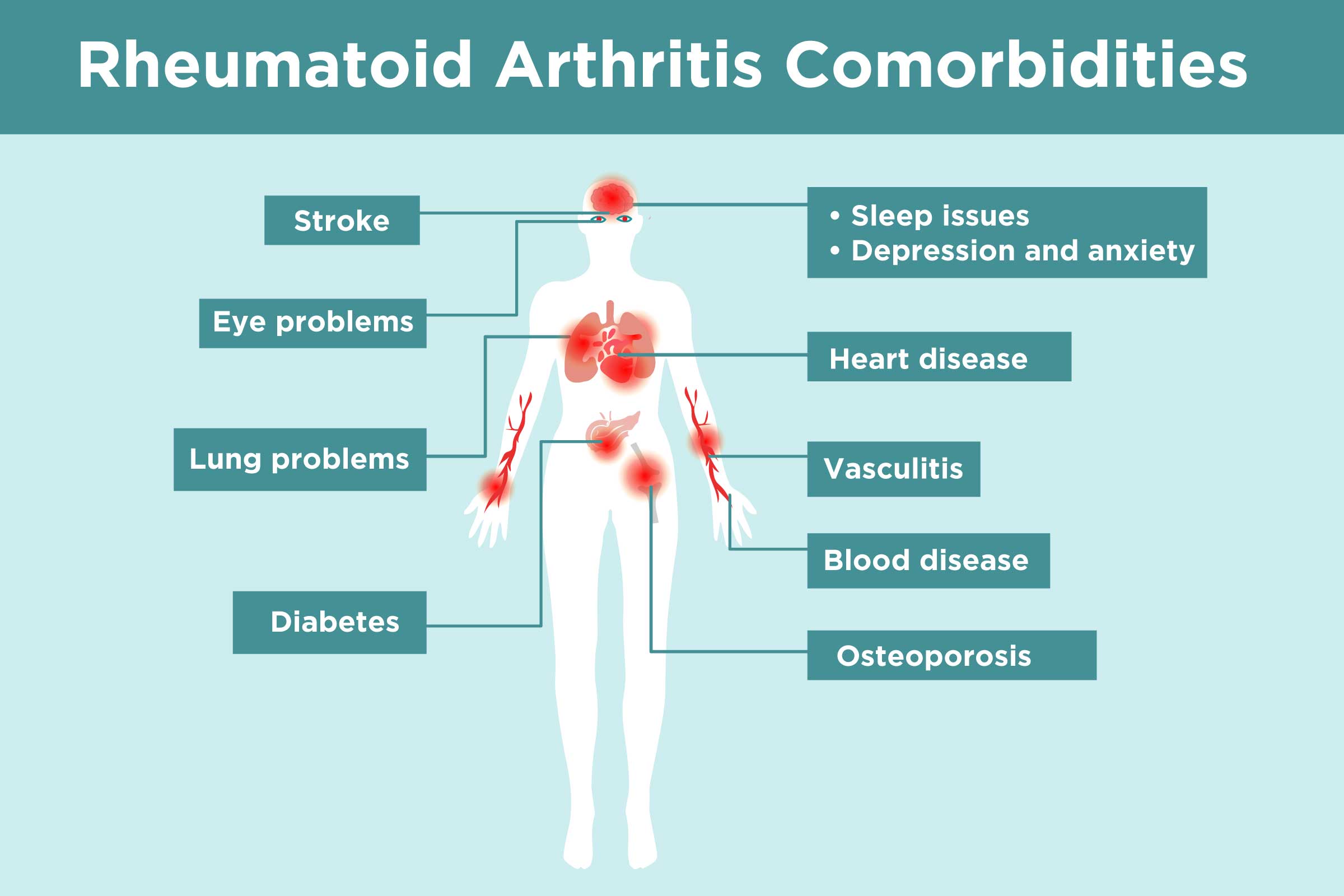
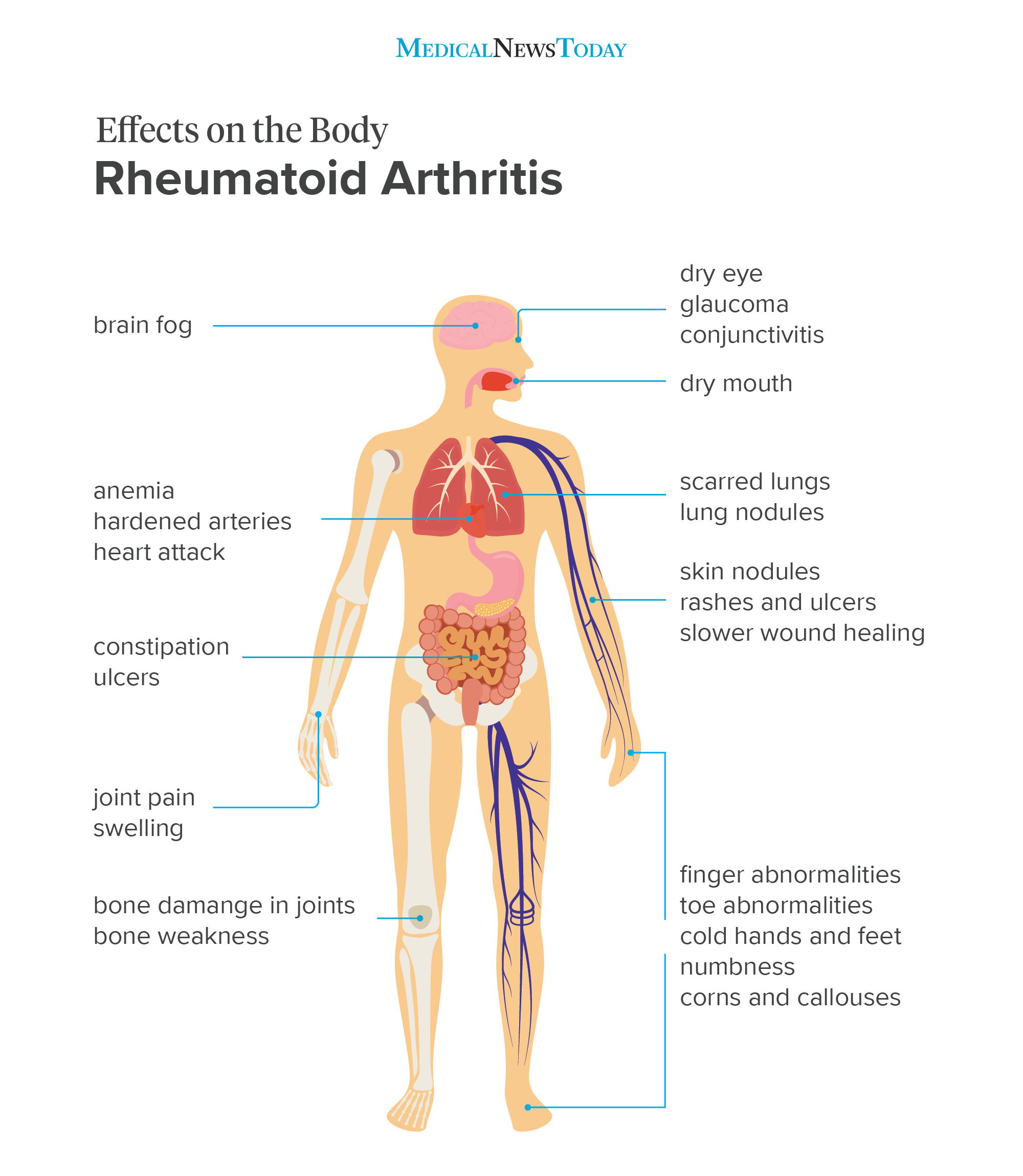

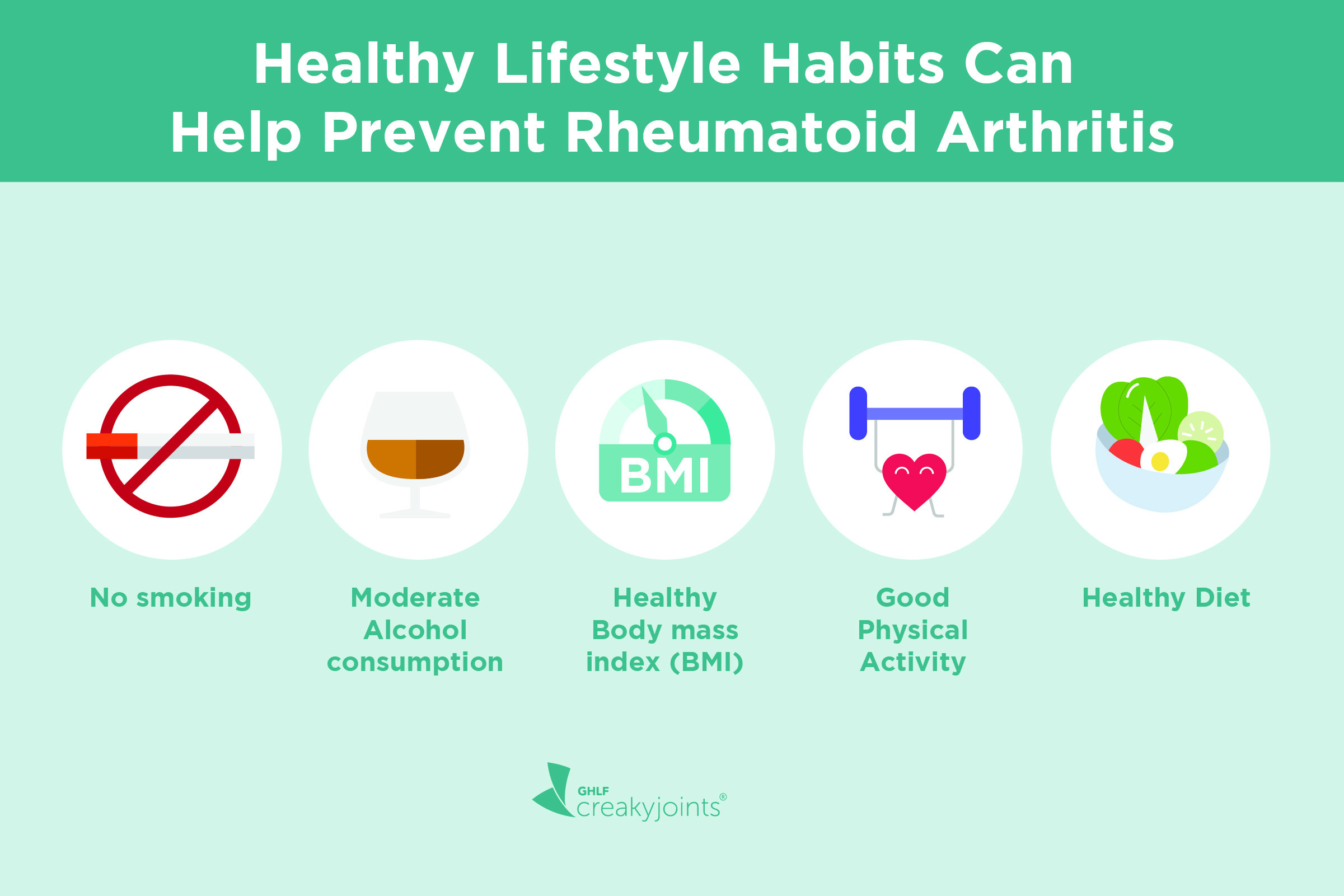



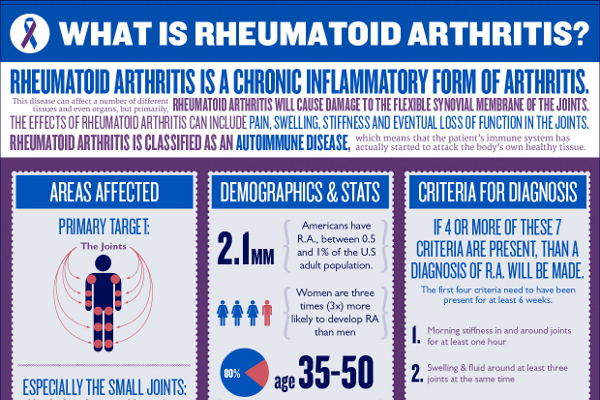
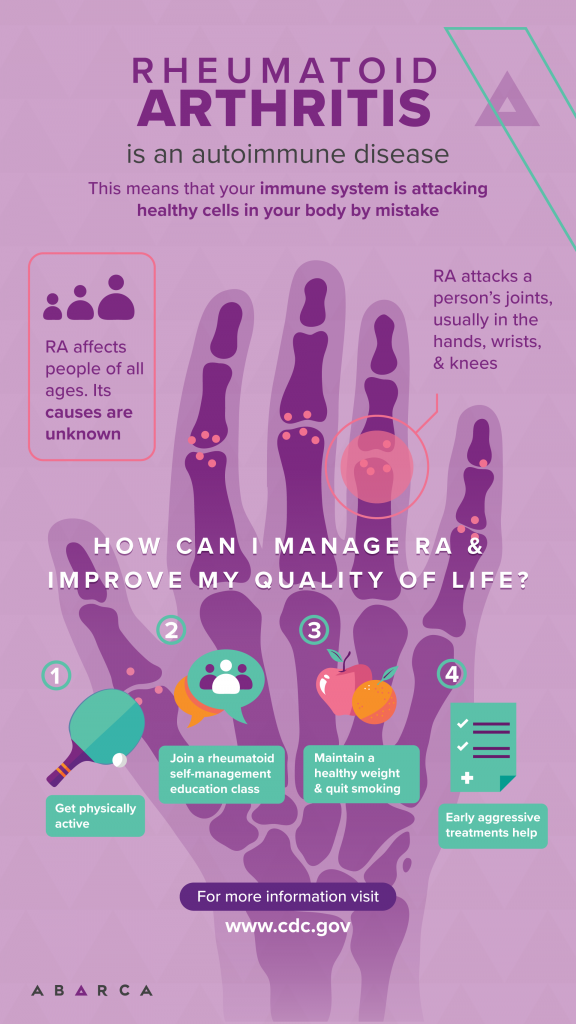
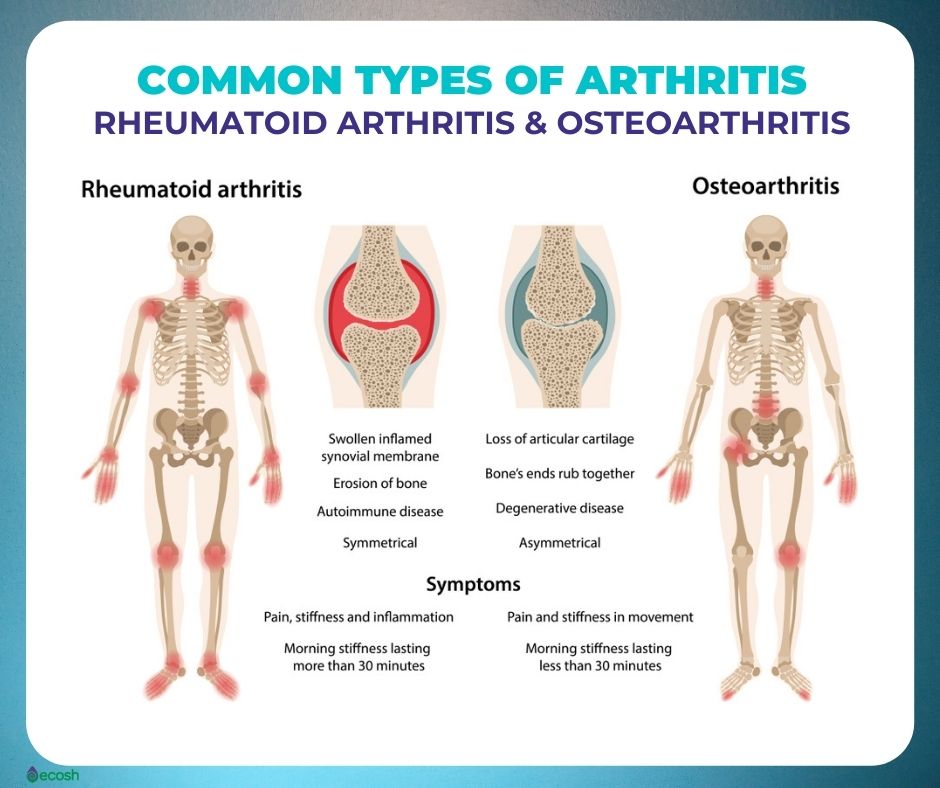




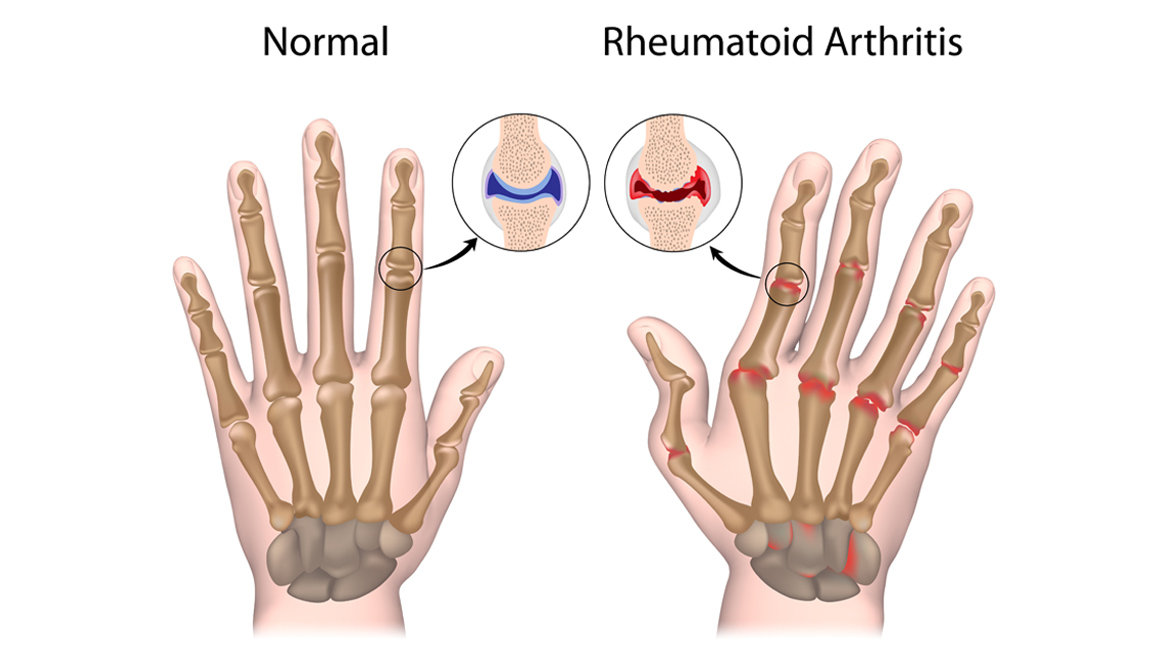
:max_bytes(150000):strip_icc()/VWH-JulieBang-RheumatoidArthritisSymptoms-4000x2700-5f32aa102958467e9d445ab0f7fa6bba.png)
